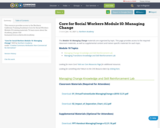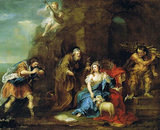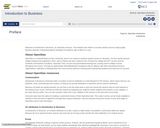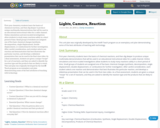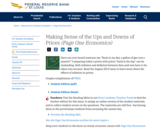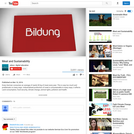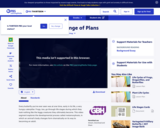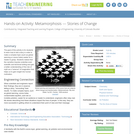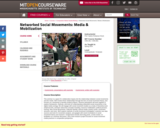This project unit—a multimedia self-portrait published in digital form—is the capstone of your students' high school careers. It is a chance for them to pause and reflect on where they've been, where they're going, and who they are as a person. Students will reflect on what they want others to know about them: what they want their message to be and what types of media they might use to convey that message. Students will have the opportunity to express themselves in many different formats—through writing, of course, but also through other media of their choosing. Students will be able to convey your message through visual art, photography, a graphic novel, audio, poetry, or video—practically any type of media they want!
ACCOMPLISHMENTS
Students will complete a multimedia self-portrait, capturing important aspects of the essence of themselves.
Students will contribute one chapter from their multimedia self-portrait to a class anthology.
Students will present one chapter from their multimedia self-portrait to the class.
GUIDING QUESTIONS
These questions are a guide to stimulate thinking, discussion, and writing on the themes and ideas in the unit. For complete and thoughtful answers and for meaningful discussions, students must use evidence based on careful reading of the texts.
How is late adolescence a moment of internal and external change?
What are the most important qualities of your character—past, present, and future?
How can you portray these key aspects of yourself using multimedia?
BENCHMARK ASSESSMENT: Cold Read
During this unit, on a day of your choosing, we recommend you administer a Cold Read to assess students’ reading comprehension. For this assessment, students read a text they have never seen before and then respond to multiple-choice and constructed-response questions. The assessment is not included in this course materials.


